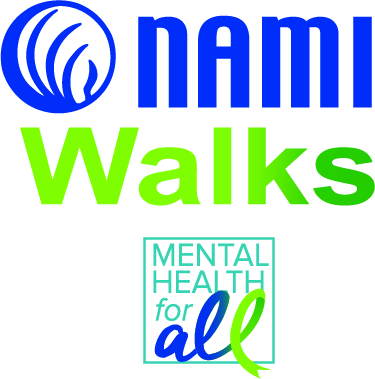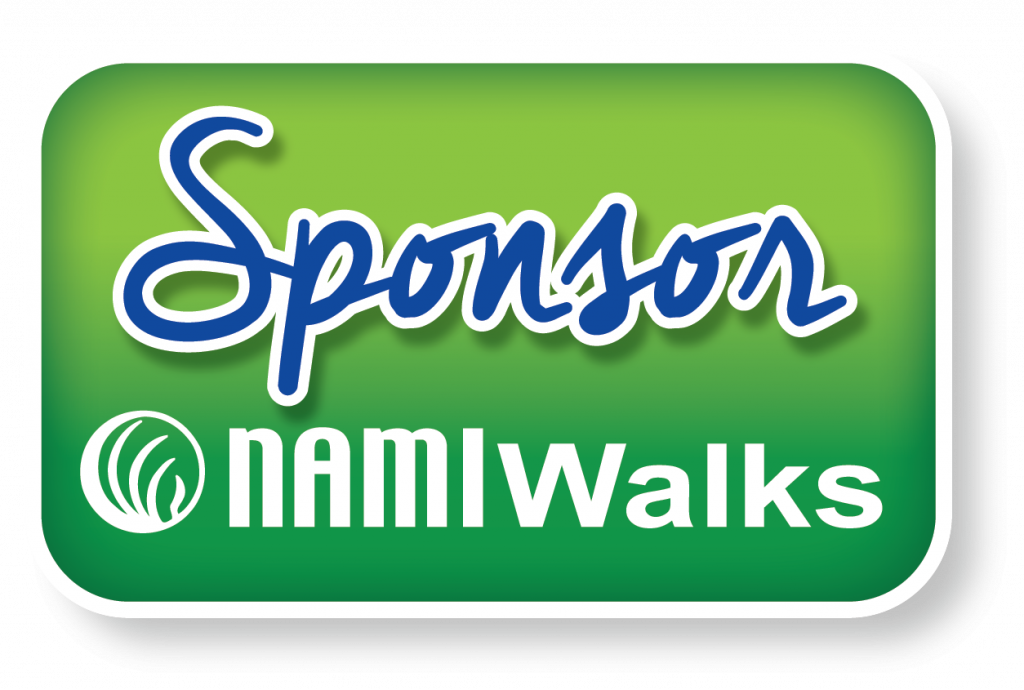By Marcie Timmerman
Angry at the world. Emotions so close to the surface everyone could see them. It was clear when Jeramie first came to Participation Station, he was a very troubled young man. He clearly needed us. It turns out, his winning smile and natural curiosity would end up serving him very well in the months ahead as he began his recovery journey.
Jeramie reports he was dropped at Participation Station by a program he had been attending. The people who cared about him hoped the “magic” of the peer-run, recovery-oriented
the environment would do what day treatment programs hadn’t been able to. He was on his last chance, really, and needed somewhere to go.
When he introduced himself, Jeramie explained some of his behaviors with the labels of diagnoses – the medical language he’d known most of his life and which made him “different”. He used the terms in hopes people would better understand him. At Participation Station, everyone had labels and diagnoses. That’s not what made him “different”. In time, participants,
NAMI staff and many others got to know the Jeramie behind the medical labels. As we looked to the troubled but spunky young man beneath, Jeramie began to do to the same.
When he became agitated or got stuck on an idea, other participants would encourage him to “chill out”, their way of reminding him to use emotional regulation techniques he’d learned in therapy. Regular support group attendance led to identifying some of Jeramie’s behavioral triggers, and peer support specialists helped him to reflect on his anger and how they themselves controlled impulsive behavior.
Eventually, Jeramie revealed he had a substance use problem as well. He started attending the Double Trouble in Recovery (DTR) groups at Participation Station, obtained a sponsor, and started taking back control of his life. In DTR, he found support from others who had self- medicated with substances when their underlying problems were related to mental illness.
Suddenly, Jeramie wasn’t trying to do everything on his own. He had a support system he could rely on. He even began making friends.
Over the course of a year, Jeramie has improved. He still wears his heart on his sleeve, but he’s not as angry. “I’ve watched Jeramie grow and change and become much calmer over the course of his time here,” one program member said. “This place has been magic to Jeramie, I think,” said another.
He is serving as a co-facilitator for DTR groups and continues to work his 12 steps every single day. When he comes into Participation Station, he sees friends as well as a place where he can be himself.
Jeramie’s past involved being homeless (even staying in a local men’s shelter for a while), behavior problems, symptoms of several mental illnesses, and substance abuse. His present involves a path to recovery he’d never envisioned — helping others, making a positive impact, and furthering his education. He’s a liaison for Participation Station to the men’s shelter where he once lived, and he’s an active advocate for his peers. “Some days, I just want to bottle his advocacy energy!” one of our board members said.
“I believe in recovery”, Jeramie says, his voice laced with excitement. He’s bursting to spread the word about what he’s learned. “Taking the path of recovery = a destination of mental health” is a saying he uses to encouraged others to begin the recovery journey. “You can get
better.”





